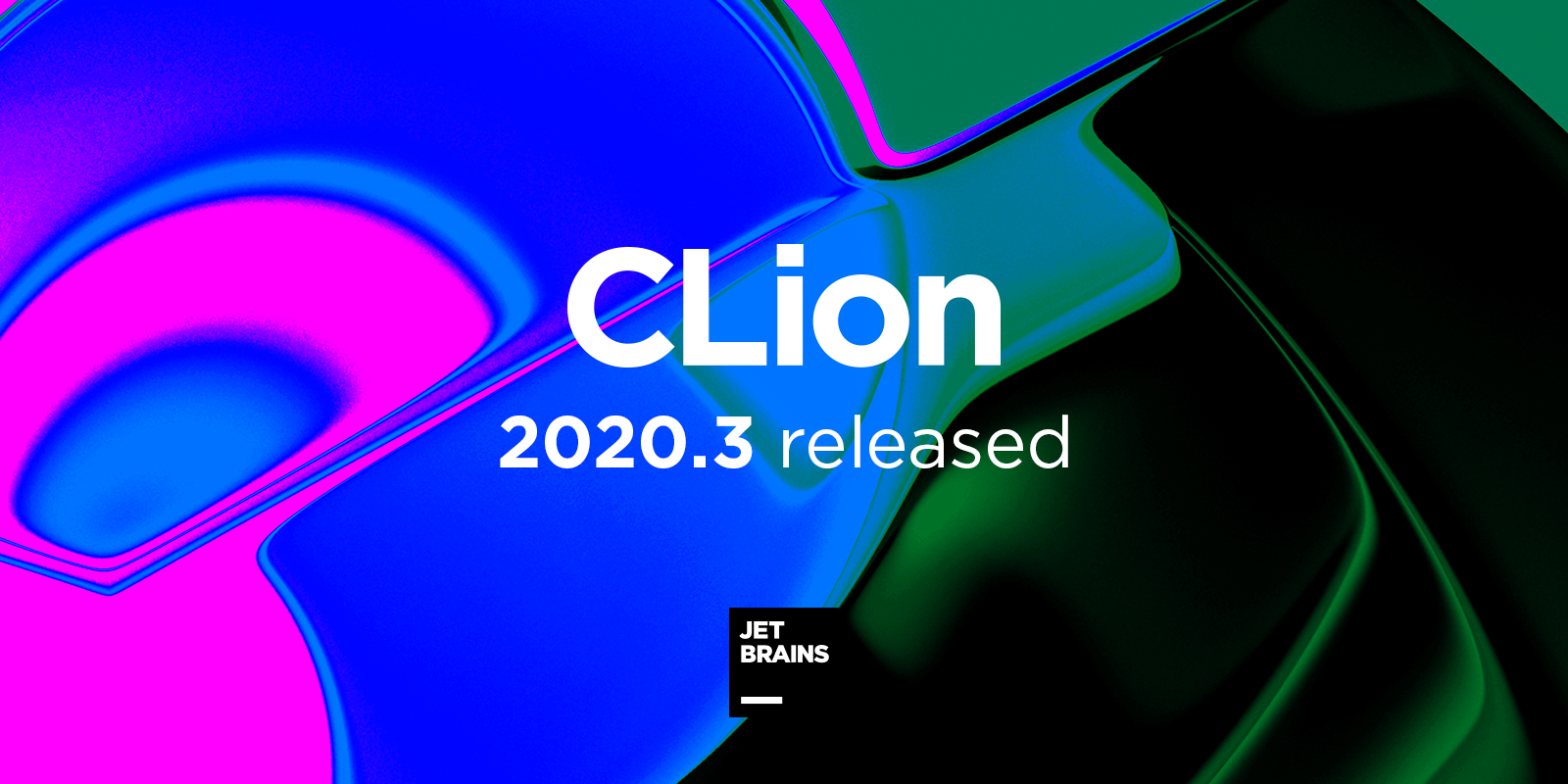Atomic References with C++20
Control when you need atomicity.
Atomic References with C++20
by Rainer Grimm
From the article:
Atomics receives a few important extensions in C++20. Today, I start with the new data type std::atomic_ref...
March 11-13, Online
March 16-18, Madrid, Spain
March 23-28, Croydon, London, UK
March 30, Kortrijk, Belgium
May 4-8, Aspen, CO, USA
May 4-8, Toronto, Canada
June 8 to 13, Brno, Czechia
June 17-20, Folkestone, UK
September 12-18, Aurora, CO, USA
November 6-8, Berlin, Germany
November 16-21, Búzios, Rio De Janeiro, Brazil
By Adrien Hamelin | Dec 14, 2020 02:04 PM | Tags: c++20
Control when you need atomicity.
Atomic References with C++20
by Rainer Grimm
From the article:
Atomics receives a few important extensions in C++20. Today, I start with the new data type std::atomic_ref...
By Adrien Hamelin | Dec 14, 2020 02:02 PM | Tags: boost
A new boost is out.
Version 1.75.0
By Adrien Hamelin | Dec 14, 2020 01:57 PM | Tags: c++17
You like the style?
C++17 structured bindings for more safe, functional code
by Dmitrii Khizbullin
From the article:
The overall idea of this article is to showcase how to keep the scope (aka block) as clean as possible with C++17. By “clean” scope I mean two things:
- as few variables as possible,
- all variables are const as often as possible...
By Anastasia Kazakova | Dec 10, 2020 12:11 PM | Tags: c++20
ReSharper C++ 2020.3 brings full support for C++20’s changes to comparison semantics.
C++20 Comparisons in ReSharper C++ 2020.3
by Igor Akhmetov
This blog post briefly goes over the language updates to comparisons in C++20 and takes a look at how ReSharper C++ can help you use the new language features.
The post discusses:
- The complexity of pre-C++20 comparisons
- Three-way comparison operator, what is it for
- Operator rewriting rules
- Defaulted comparison operators
- Implicitly generated operator==
- Creating new operators from usage
By Anastasia Kazakova | Dec 9, 2020 12:54 PM | Tags: None
No Diagnostic Required, YouTube Show for C++ Annotated, Episode #0
No Diagnostic Required, Episode #0
by Anastasia Kazakova and Phil Nash
In this episode:
- Welcome
- New C++ podcasts worth following
- ISO C++ Trip Report by Herb Sutter
- Modules support in Visual Studio… and in GCC 11!
- Qt6 libraries via Conan
- CLion 2020.3: It’s all about debug!
- ReSharper C++ 2020.3: The perfect game dev companion for Unreal Engine!
- std::visit is everything wrong with modern C++
By Anastasia Kazakova | Dec 9, 2020 12:05 PM | Tags: None
 CLion 2020.3 is released!
CLion 2020.3 is released!
CLion 2020.3: Core Dumps Debug and Debug as Root, CTest Support, MISRA Guideline Integration, and a Better Qt Project Experience
by Anastasia Kazakova
CLion 2020.3 brings significant improvements to key parts of the development process – code analysis, running and debugging applications, and unit testing.
- Run and Debug:
- Run/Debug with Root privileges
- Debug core dumps
- Move the execution point while debugging to an arbitrary line of code in the editor
- Project models
- For Makefile: support for projects using libtool, dolt and ccache
- For CMake: enable/disable CMake Profile
- Unit testing: CTest support and test runner improvements for Google Test
- Code analysis and refactorings updates, including initial support for MISRA C 2012 and MISRA C++ 2008 guidelines
- Better Qt projects support
- Clang completion snippets
- An early preview for Code With Me, a new service from JetBrains for collaborative development and pair programming.
By Adrien Hamelin | Dec 8, 2020 01:25 PM | Tags: c++20
Some bits and stuff.
Bit Manipulation with C++20
By Rainer Grimm
From the article:
This post concludes my presentation of library features in C++20. Today I write about the class std::source_location and a few functions for bit manipulation...
By Adrien Hamelin | Dec 8, 2020 01:20 PM | Tags: c++20
Use all that you can.
Feature Testing with C++20
by Rainer Grimm
From the article:
When your program's compilation broke with a brand-new C++20 feature, you often end with a few questions: Did I something wrong? Did I found a compiler bug? Does my compiler not yet support this feature? Thanks to the feature testing in C++20, the last question is easy to answer...
By Meeting C++ | Dec 8, 2020 09:12 AM | Tags: performance meetingcpp intermediate experimental efficiency community basics advanced
This years center keynote given by Teresa Johnson
ThinLTO Whole Program Optimization - Meeting C++ 2020 Center Keynote
by Teresa Johnson
By Meeting C++ | Dec 5, 2020 08:13 AM | Tags: meetingcpp intermediate efficiency community c++17 c++14 c++11 basics
The opening keynote of Meeting C++ 2020
Meta Polymorphism
by Jonathan Boccara